 Image 1 of 25
Image 1 of 25

 Image 2 of 25
Image 2 of 25

 Image 3 of 25
Image 3 of 25

 Image 4 of 25
Image 4 of 25

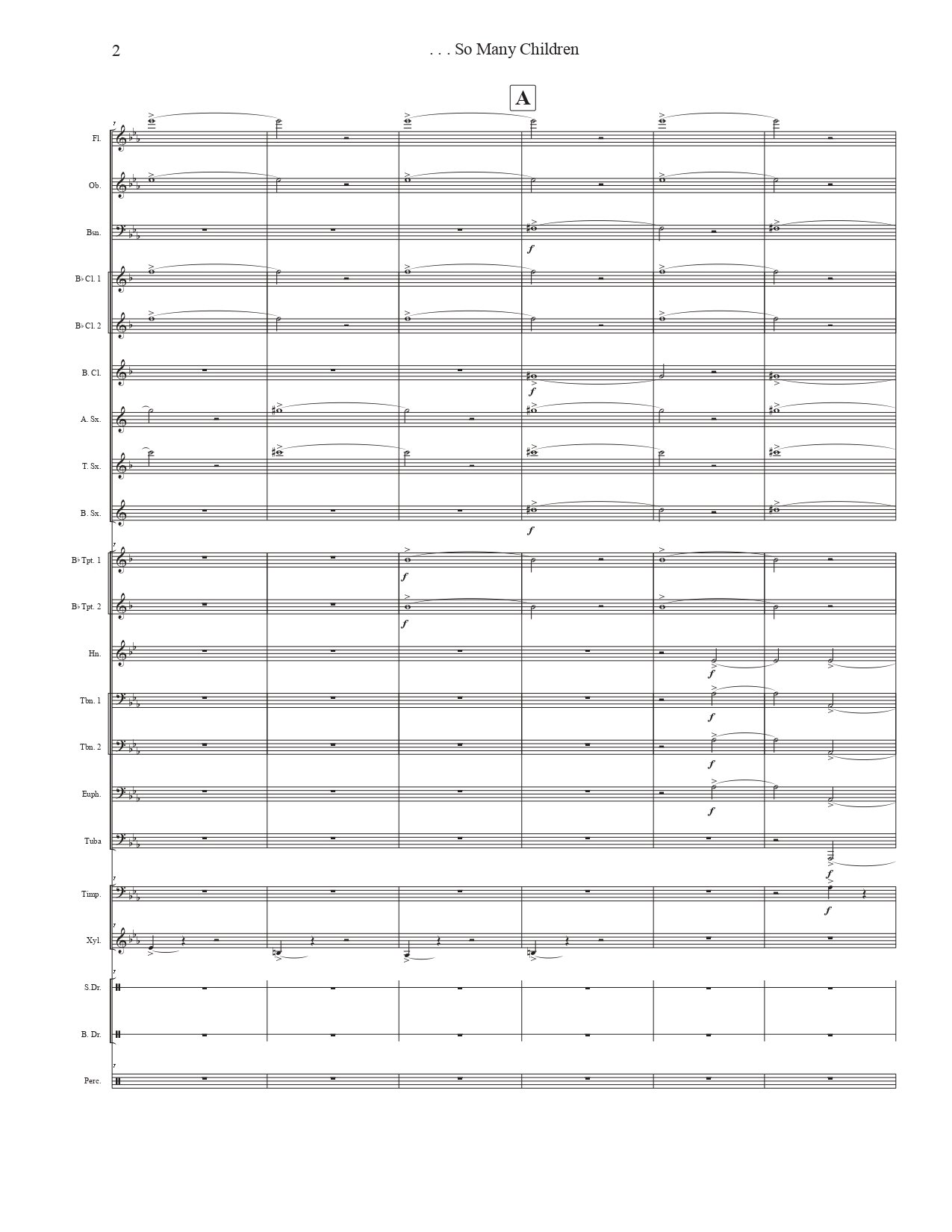 Image 5 of 25
Image 5 of 25

 Image 6 of 25
Image 6 of 25

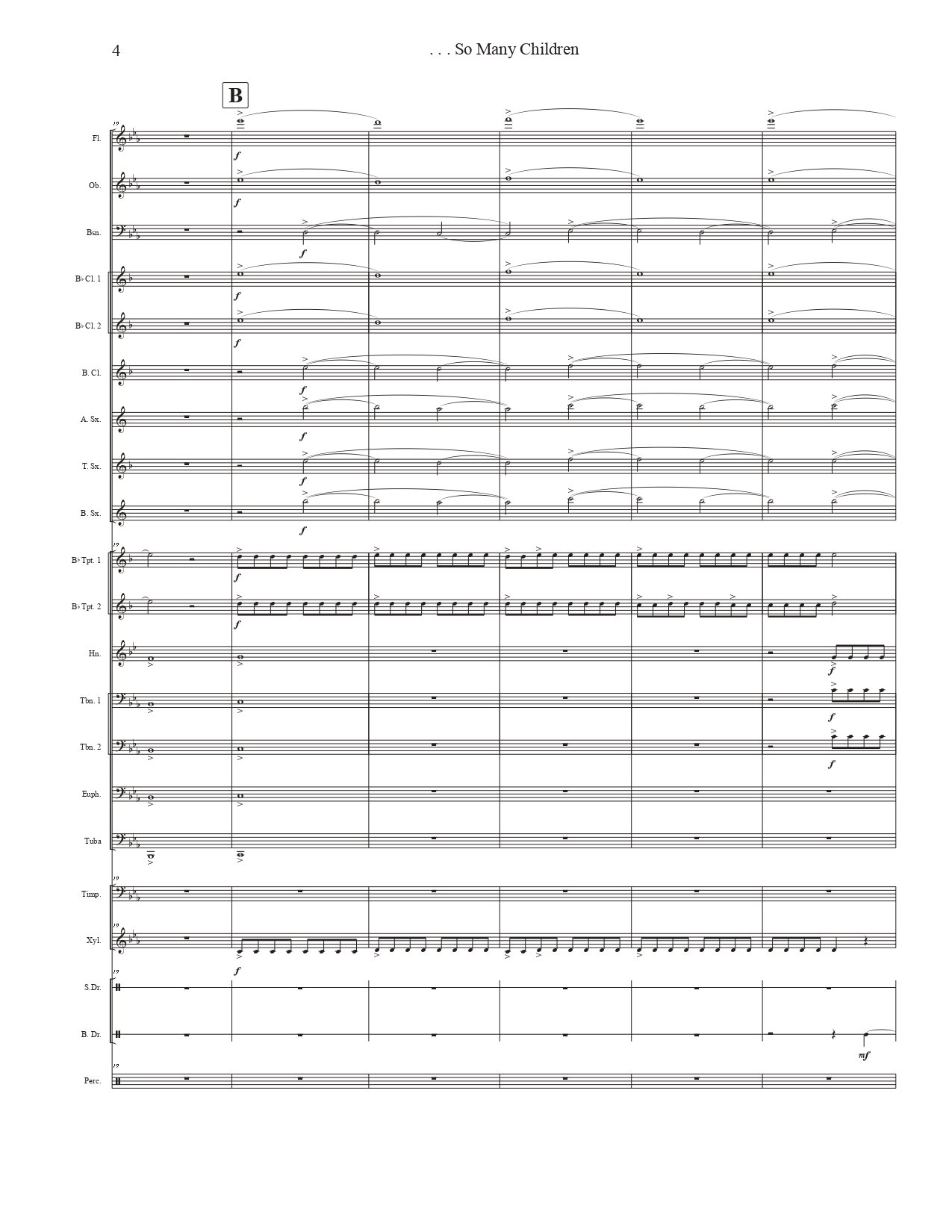 Image 7 of 25
Image 7 of 25

 Image 8 of 25
Image 8 of 25

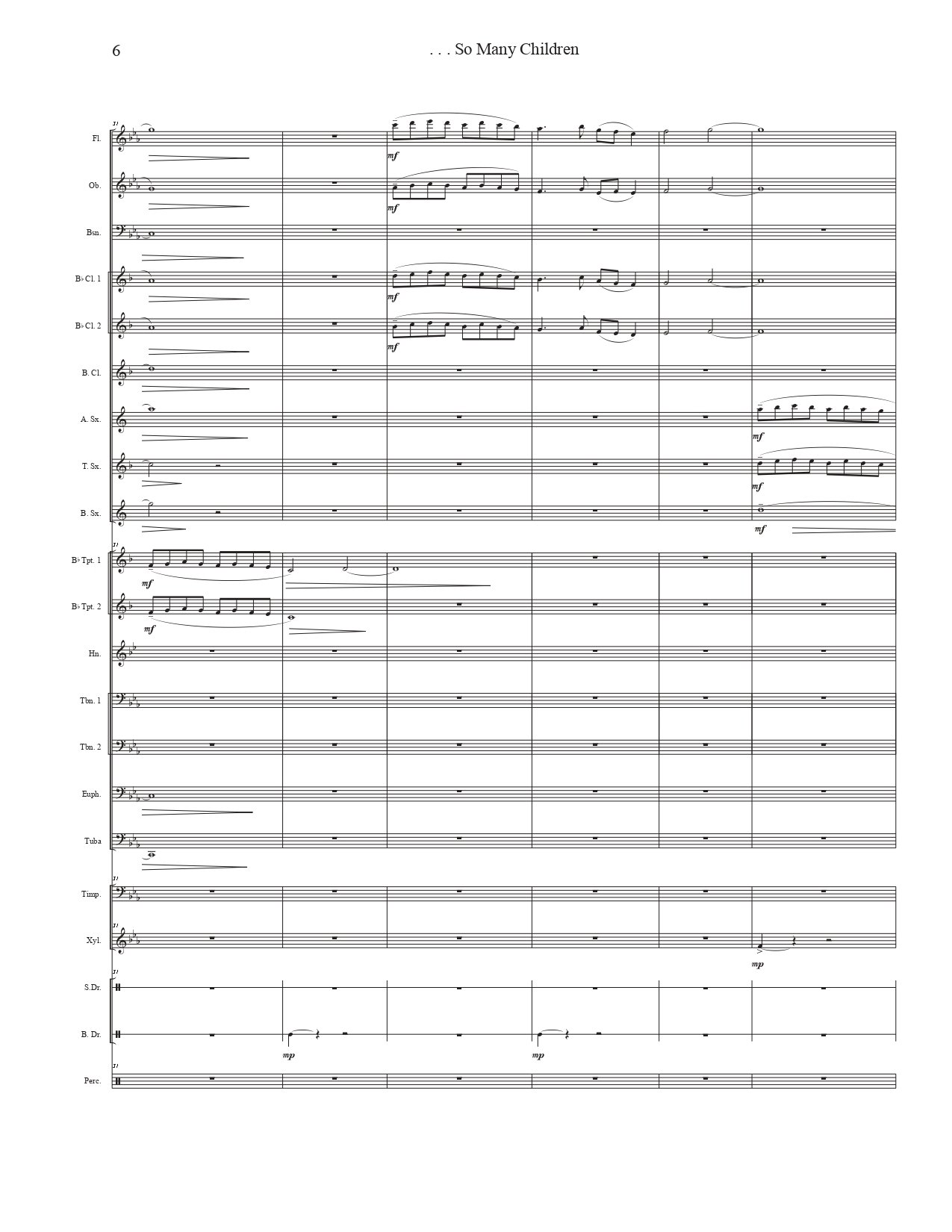 Image 9 of 25
Image 9 of 25

 Image 10 of 25
Image 10 of 25

 Image 11 of 25
Image 11 of 25

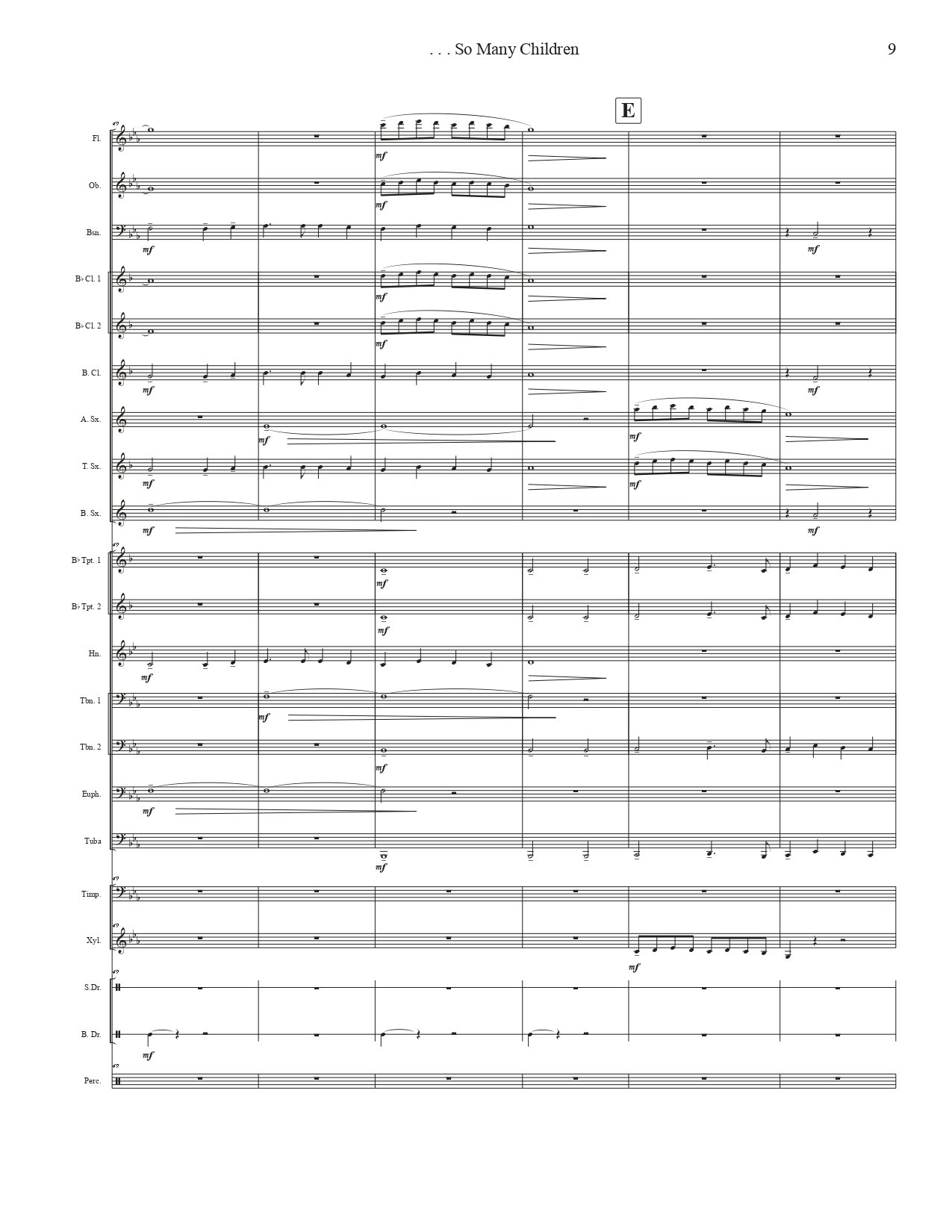 Image 12 of 25
Image 12 of 25

 Image 13 of 25
Image 13 of 25

 Image 14 of 25
Image 14 of 25

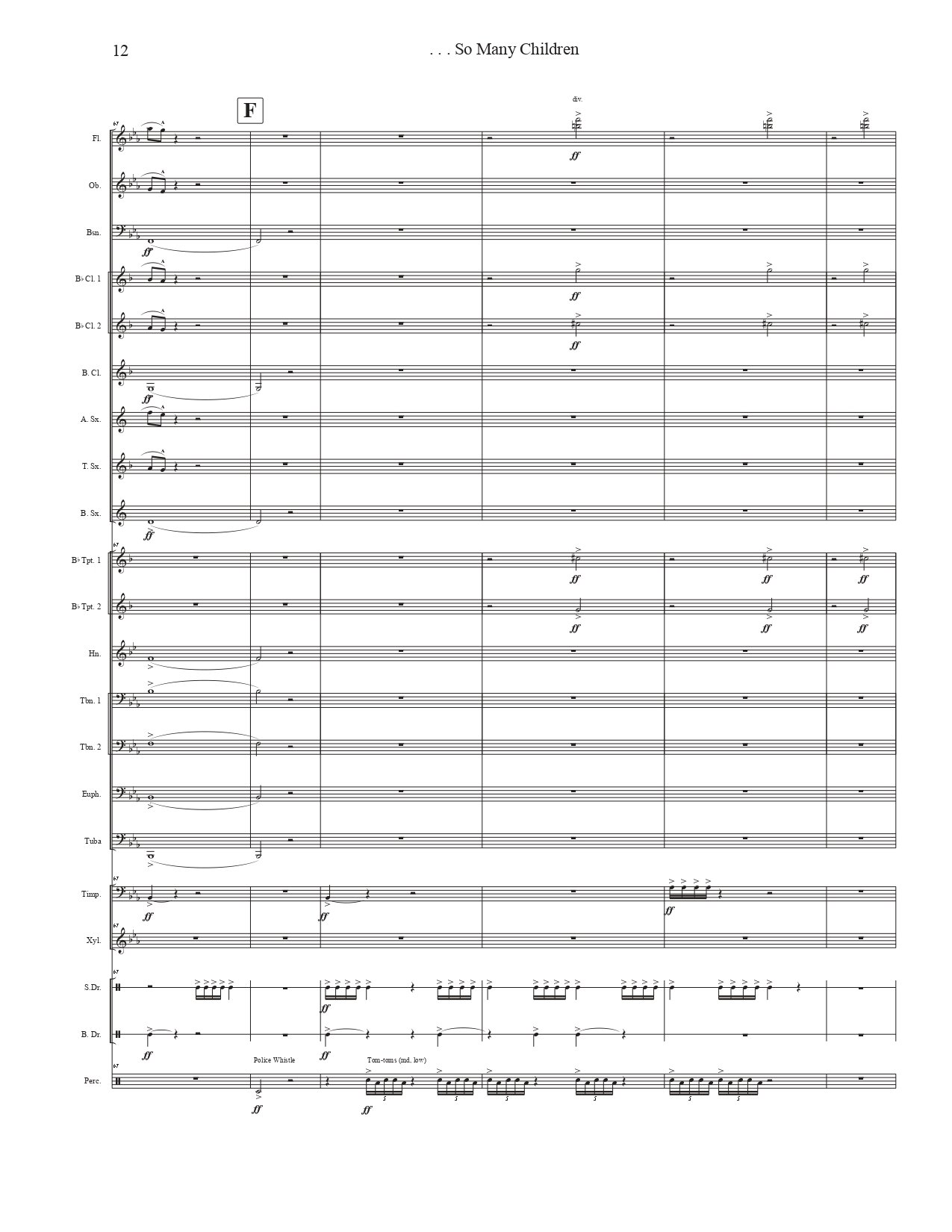 Image 15 of 25
Image 15 of 25

 Image 16 of 25
Image 16 of 25

 Image 17 of 25
Image 17 of 25

 Image 18 of 25
Image 18 of 25

 Image 19 of 25
Image 19 of 25

 Image 20 of 25
Image 20 of 25

 Image 21 of 25
Image 21 of 25

 Image 22 of 25
Image 22 of 25

 Image 23 of 25
Image 23 of 25

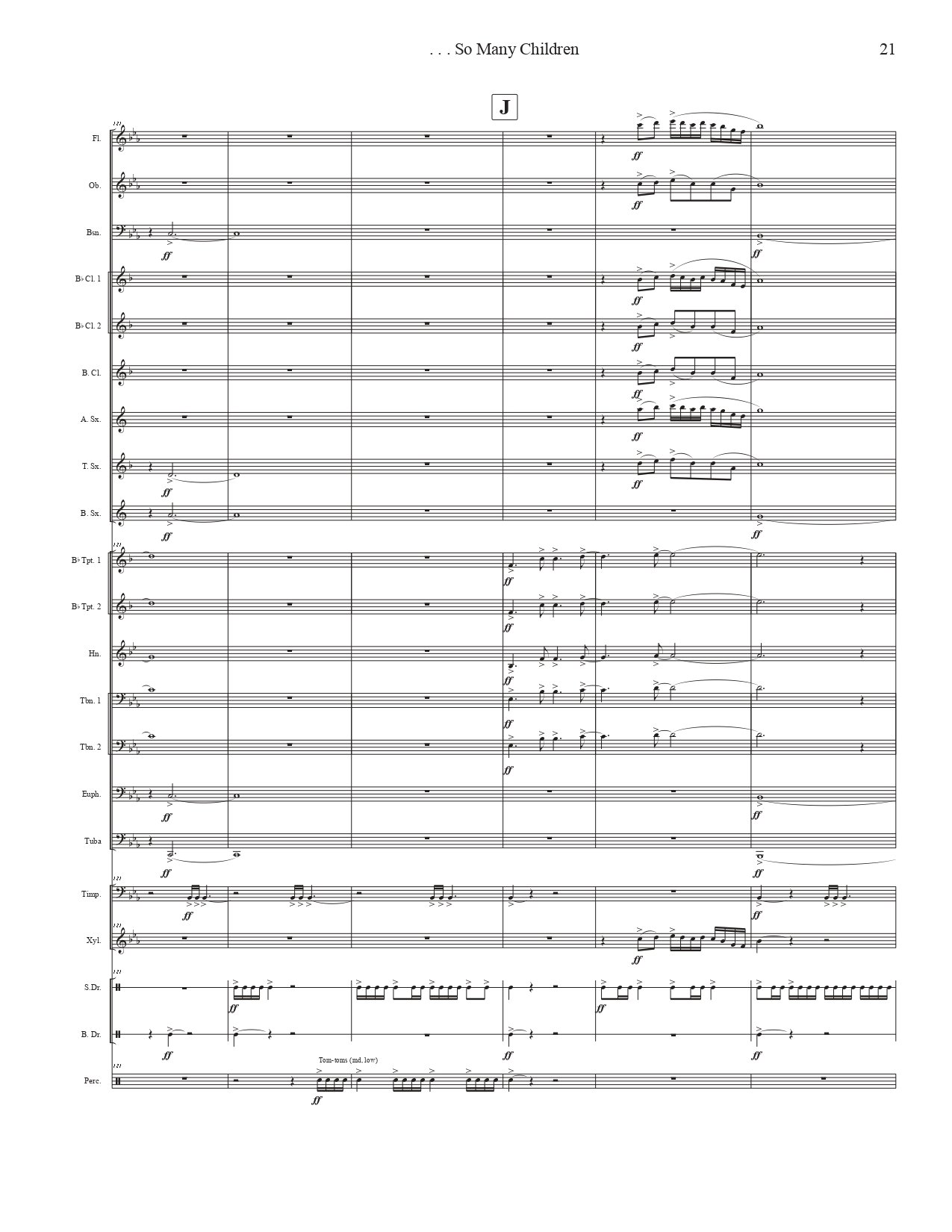 Image 24 of 25
Image 24 of 25

 Image 25 of 25
Image 25 of 25


























So Many Children
Grade III
Irena Sendler (aka “Jolanta”) (15 February 1910 – 12 May 2008), was a Polish humanitarian, social worker, and nurse who served in the Polish Underground Resistance during World War II in German-occupied Warsaw. Beginning in October 1943, she was head of the children's section of Zegota, the Polish Council to Aid Jews.
During the war, she was involved in activities such as smuggling food and rescuing Jews, primarily as part of the network of workers and volunteers from Zegota, mostly women. Sendler participated, with dozens of others, in smuggling Jewish children out of the Warsaw Ghetto and then providing them with false identity documents and shelter with willing Polish families or in orphanages and other care facilities, including Catholic Convents, saving those children from the Holocaust. This work was done at huge risk, as—since October 1941—giving any kind of assistance to Jews in German-occupied Poland was punishable by death, not just for the person who was providing the help but also for their entire family or household.
On October 18, 1943, Sendler was arrested by the Gestapo. As they ransacked her house, Sendler tossed the lists of children to her friend Janina Grabowska, who hid the list in her loose clothing. The Gestapo took Sendler to their headquarters and beat her brutally. Despite this, she refused to betray any of her comrades or the children they rescued. She was placed in Pawiak prison, where she was subjected to further interrogations and beatings. Later, she was taken to another location, to be executed by firing squad. Her life was saved, however, because the German guards escorting her were bribed, and she was released on the way to the execution.
This work was written in honor of Irena Sendler and the many people who helped save the children. Within the work, you will hear the sounds of unease in the air (opening), a children’s theme, first presented by the woodwinds, sounds of the war and the Gestapo (signaled by a police whistle) and finally, the triumph of the end of the war and survival of the children.
Duration: 4:30
Grade III
Irena Sendler (aka “Jolanta”) (15 February 1910 – 12 May 2008), was a Polish humanitarian, social worker, and nurse who served in the Polish Underground Resistance during World War II in German-occupied Warsaw. Beginning in October 1943, she was head of the children's section of Zegota, the Polish Council to Aid Jews.
During the war, she was involved in activities such as smuggling food and rescuing Jews, primarily as part of the network of workers and volunteers from Zegota, mostly women. Sendler participated, with dozens of others, in smuggling Jewish children out of the Warsaw Ghetto and then providing them with false identity documents and shelter with willing Polish families or in orphanages and other care facilities, including Catholic Convents, saving those children from the Holocaust. This work was done at huge risk, as—since October 1941—giving any kind of assistance to Jews in German-occupied Poland was punishable by death, not just for the person who was providing the help but also for their entire family or household.
On October 18, 1943, Sendler was arrested by the Gestapo. As they ransacked her house, Sendler tossed the lists of children to her friend Janina Grabowska, who hid the list in her loose clothing. The Gestapo took Sendler to their headquarters and beat her brutally. Despite this, she refused to betray any of her comrades or the children they rescued. She was placed in Pawiak prison, where she was subjected to further interrogations and beatings. Later, she was taken to another location, to be executed by firing squad. Her life was saved, however, because the German guards escorting her were bribed, and she was released on the way to the execution.
This work was written in honor of Irena Sendler and the many people who helped save the children. Within the work, you will hear the sounds of unease in the air (opening), a children’s theme, first presented by the woodwinds, sounds of the war and the Gestapo (signaled by a police whistle) and finally, the triumph of the end of the war and survival of the children.
Duration: 4:30
Grade III
Irena Sendler (aka “Jolanta”) (15 February 1910 – 12 May 2008), was a Polish humanitarian, social worker, and nurse who served in the Polish Underground Resistance during World War II in German-occupied Warsaw. Beginning in October 1943, she was head of the children's section of Zegota, the Polish Council to Aid Jews.
During the war, she was involved in activities such as smuggling food and rescuing Jews, primarily as part of the network of workers and volunteers from Zegota, mostly women. Sendler participated, with dozens of others, in smuggling Jewish children out of the Warsaw Ghetto and then providing them with false identity documents and shelter with willing Polish families or in orphanages and other care facilities, including Catholic Convents, saving those children from the Holocaust. This work was done at huge risk, as—since October 1941—giving any kind of assistance to Jews in German-occupied Poland was punishable by death, not just for the person who was providing the help but also for their entire family or household.
On October 18, 1943, Sendler was arrested by the Gestapo. As they ransacked her house, Sendler tossed the lists of children to her friend Janina Grabowska, who hid the list in her loose clothing. The Gestapo took Sendler to their headquarters and beat her brutally. Despite this, she refused to betray any of her comrades or the children they rescued. She was placed in Pawiak prison, where she was subjected to further interrogations and beatings. Later, she was taken to another location, to be executed by firing squad. Her life was saved, however, because the German guards escorting her were bribed, and she was released on the way to the execution.
This work was written in honor of Irena Sendler and the many people who helped save the children. Within the work, you will hear the sounds of unease in the air (opening), a children’s theme, first presented by the woodwinds, sounds of the war and the Gestapo (signaled by a police whistle) and finally, the triumph of the end of the war and survival of the children.
Duration: 4:30
